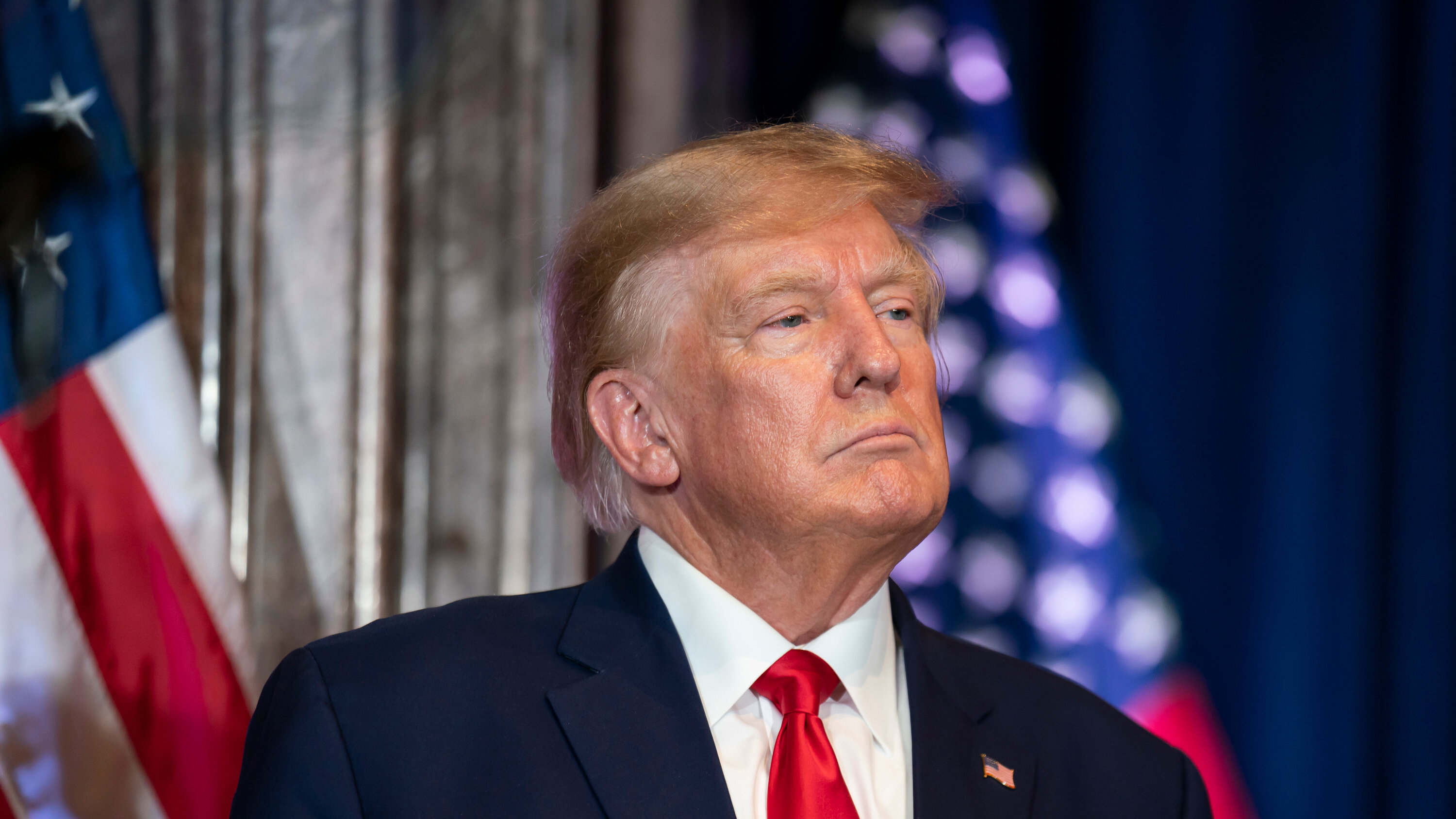When it comes to public figures, especially prominent ones like Donald Trump, discussions about their mortality often arise, sometimes out of curiosity, and other times out of concern. The question "when will Trump die?" has been raised many times in various contexts, fueled by both his age and the public's fascination with his life. This article aims to explore various facets of this inquiry while providing insights into Trump's life and legacy.
In the realm of politics, few individuals attract as much attention as Donald Trump. As the 45th President of the United States, his policies, personality, and public persona have evoked strong opinions, both favorable and unfavorable. This interest extends to personal aspects of his life, where questions about his health and longevity inevitably arise. It is essential to approach this topic with sensitivity, considering both the human aspect and the implications of such discussions in a public forum.
While it's natural for people to speculate about the future of public figures, it's important to remember that predicting someone's death is not only difficult but can also be seen as disrespectful. This article will not only delve into the question of "when will Trump die" but will also provide a broader understanding of his life through a biographical perspective, reflecting on his journey and impact on society.
What is Donald Trump's Biography?
To fully understand the context of our inquiry about Trump's longevity, we must first look into his life story. Donald John Trump was born on June 14, 1946, in Queens, New York City. He is known for his career as a businessman, television personality, and politician. Below is a brief overview of his personal details and biographical data:
| Attribute | Details |
|---|---|
| Full Name | Donald John Trump |
| Date of Birth | June 14, 1946 |
| Birthplace | Queens, New York City, USA |
| Occupation | Businessman, Television Personality, Politician |
| Political Party | Republican |
| Presidency | 2017 - 2021 |
| Spouse | Melania Trump (married 2005) |
| Children | Donald Jr., Ivanka, Eric, Tiffany, Barron |
What Factors Influence Longevity?
The question "when will Trump die?" opens up a broader conversation about the factors that influence human longevity. These factors can include:
- Genetics: Family history and hereditary conditions play a significant role.
- Lifestyle Choices: Diet, exercise, and habits such as smoking or drinking can impact health.
- Access to Healthcare: Regular medical check-ups and healthcare access are vital.
- Stress Levels: High stress can negatively affect health and shorten lifespan.
How is Trump's Health at Present?
As of the latest reports, Donald Trump's health has been a topic of national interest. At 77 years old, he is within an age group that experiences various health challenges. His public appearances and statements often provide insights into how he is managing his health. Regular check-ups and diet adjustments are critical, especially given his previous health assessments during his presidency.
When Will Trump Die? Understanding the Uncertainty
It is essential to recognize that predicting the exact time of anyone's death is not feasible. Medical professionals often emphasize the unpredictability of life. Factors such as sudden health crises, accidents, or changes in lifestyle habits can dramatically alter one’s longevity. Therefore, while the question "when will Trump die?" may intrigue many, it remains an uncertain and sensitive topic.
What Can We Learn from Trump's Life?
Regardless of when Trump may pass, his life and career have already left an indelible mark on American society. He has redefined political discourse, reshaped party dynamics, and influenced a generation of voters. His impact shows that one's legacy often transcends their physical life. Focusing on what he has accomplished and how he has changed the political landscape can be more constructive than speculating about his death.
How to Approach Conversations About Mortality?
Conversations about death can often be uncomfortable. However, discussing mortality can also lead to valuable reflections on life and legacy. When engaging in discussions about public figures like Trump, it’s important to approach the topic with respect and empathy. Here are some tips on how to navigate such conversations:
- Avoid sensationalism: Focus on facts rather than rumors.
- Emphasize respect: Recognize the humanity behind the public persona.
- Encourage discussions about legacy: Shift the focus from death to contributions and impacts.
Will Trump Be Remembered Fondly?
As discussions about Trump's mortality continue, it is equally important to consider how he will be remembered. Historians and political analysts will debate his legacy for years to come. Will he be viewed as a controversial figure, a successful businessman, or a transformative leader? Only time will tell how history will judge him.
Conclusion: The Unanswered Question of "When Will Trump Die?"
In conclusion, while the question "when will Trump die?" may linger in some minds, it is essential to reflect on the broader implications of such inquiries. The focus should ideally shift from speculation to understanding the significance of an individual’s life and contributions. Mortality is a natural part of life, but so is the legacy that one leaves behind. As we continue to witness the unfolding of current events, let us honor the human experience and engage in meaningful conversations about life, legacy, and the impact of our choices.




